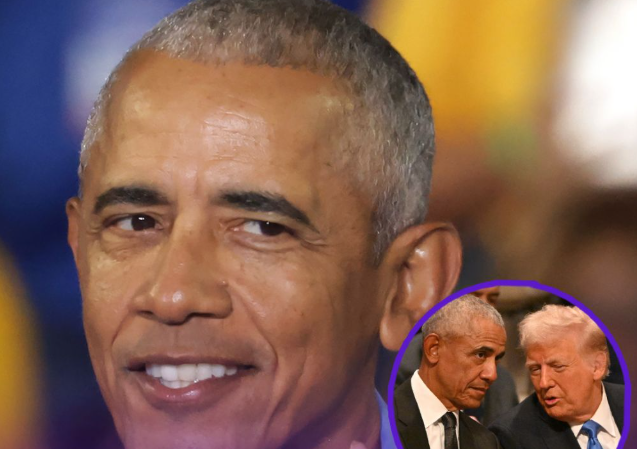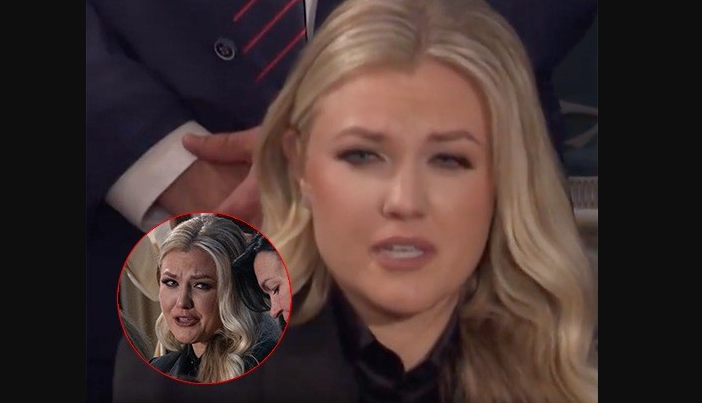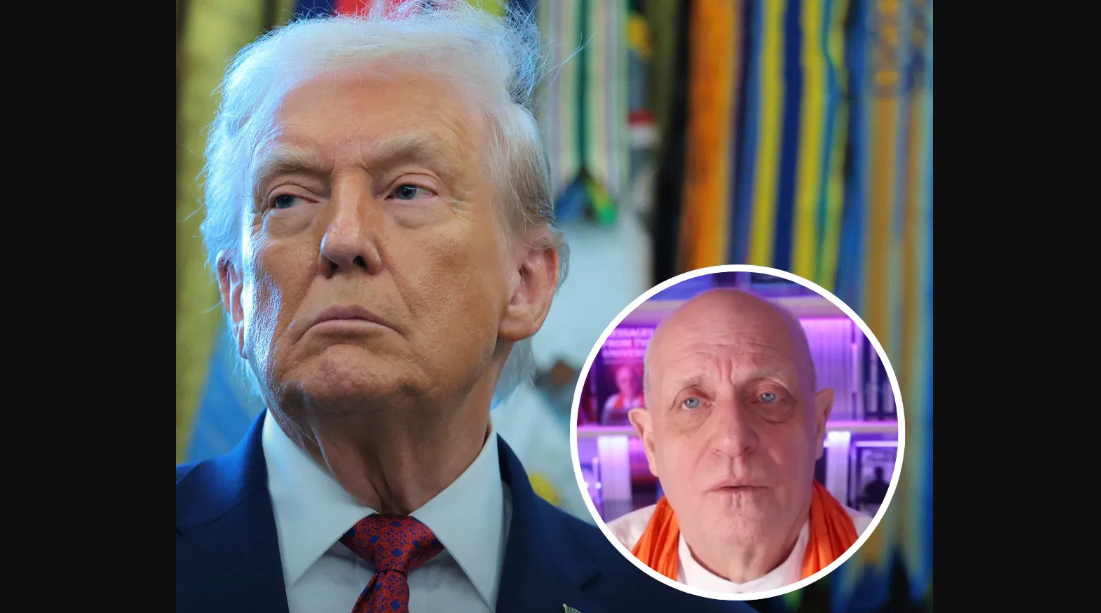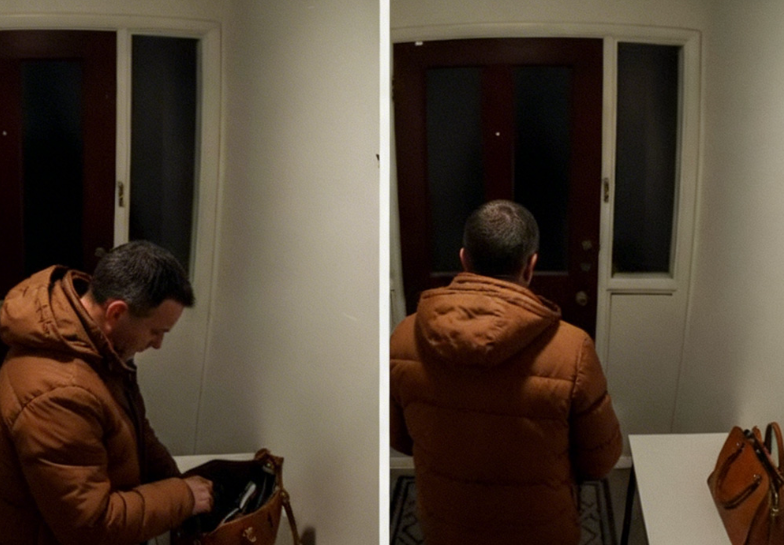Beyond his wife, few appear more delighted with Zohran Mamdani’s recent electoral victory than former President Barack Obama.
In a congratulatory note to New York’s newly elected mayor—the first Muslim, first of South Asian heritage, and first African-born person to assume the role—Obama seemed to offer a gentle dig at Mamdani’s loudest detractor, Donald Trump.
For background, 34-year-old Mamdani overcame his opponents, former Governor Andrew Cuomo and Republican Curtis Sliwa, on Tuesday, November 5, capturing 50.4 percent of the vote.
A democratic socialist, Mamdani prepares to serve as the city’s most progressive mayor in decades—so the Republican president remains absent from his circle of backers.
Much of Mamdani’s platform stands to confront the economic and political positions embraced by Trump. One of his central proposals centers on taxing affluent sectors, running counter to approaches promoted by Trump and his billionaire associates.
Mamdani also intends to strengthen the city’s sanctuary policies, broaden legal aid for detained immigrants, and establish firmer protections for immigrant neighborhoods—all measures poised to conflict with Trump’s steadily conservative direction.
One notable leader wholeheartedly supporting Mamdani’s blueprint for New York happens to be Trump’s predecessor, Obama.
The 64-year-old participated in a live session of the Pod Save America podcast on Thursday, delivering an open acknowledgment to Mamdani while questioning the consolidation of authority in Washington, D.C.
“We enjoyed a strong evening on Tuesday,” Obama shared with the audience, highlighting Democratic successes for gubernatorial contenders Abigail Spanberger and Mikie Sherrill too. “It served as a valuable signal that the American people remain attentive.”
Without mentioning the 79-year-old former president by name, Obama observed: “They reject cruelty. They seek no leaders at the pinnacle working to solidify their own dominance.”
He continued: “Our responsibility lies in making certain everyone participates and in fostering dialogue on how every individual in this nation receives treatment marked by dignity and respect.
“We acknowledge our distinctions. Indeed, conflicts will arise, yet at the foundation, a remarkable commonality binds us all.”






